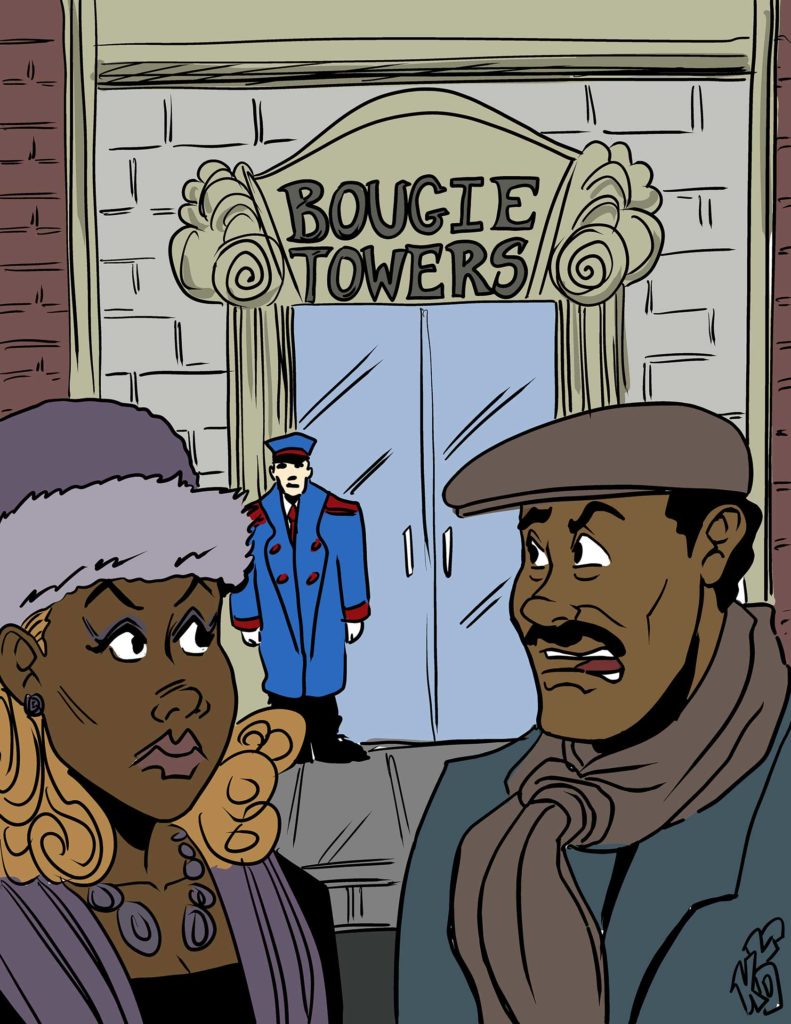
Roxbury residents are apprehensive about Mayor Wu’s plans to relocate the denizens of Mass and Cass. Homeowners are aware that a colony of low-income tenants in their neighborhoods will tend to depress property values. Other residents are concerned about the potential increase in the drug traffic. Continual assertions from City Hall that the problem is improving are not at all encouraging.
The problem is that hyper-liberal public officials are expected to be sympathetic to those who violate the law because of human frailties. Alcoholism and drug addiction have become understandable remedies to cope with a cruel world. To some, it might be considered abusive to call in the police, even when criminal laws are being openly violated.
Despite the political hazard of posing the question, Boston City Councilor Tania Fernandes Anderson asks essentially whether there is too much affordable housing in Roxbury. Data indicate that 54% of Roxbury’s housing is income-restricted, compared with only 6% in essentially white neighborhoods such as Beacon Hill and the Back Bay. This means that families with higher incomes cannot live in Roxbury.
Strangely enough, in the early years of the republic, Roxbury was one of the city’s most sought-after building sites. Affluent traders and professionals in downtown Boston built grand estates and summer houses there. But the age of architectural splendor ended abruptly when working-class Bostonians moved into Roxbury and built more modest houses.
There is an expectation in real estate that the introduction of lower-quality housing in a neighborhood will depress the market value of existing real estate. Sometimes the consequence is more subtle. In the South End, the expansive survival of Victorian housing required only imaginative innovation to become transformed into high-priced condominiums. The upper-income residents living there were then able to create an attractive community of restaurants and unique shops.
Developers committed to building out the Dudley Square area to a place worthy of the name Nubian undoubtedly have the South End as a model. They recognize that a solid middle class of area residents will be necessary. While some affluent families may be able to qualify as renters, it is likely that most demand will come from those who have an economically lower level.
For most Roxbury homeowners, the market value of their homes is their most valuable asset. It is time for local homeowners to consider seriously the economic impact of the issue that Councilor Anderson has so astutely raised. It is good to be aware that slums develop not because people want them, but they are the result of bad public policy. The problem begins because people cannot afford quality housing.
There is a limited availability of housing in Boston. Roxbury is geographically a prime location. There is no reason for Roxbury homeowners who have survived during economically unrewarding times to be prevented from developing their real estate at prevailing rates without suffering lost values because of affordable housing restrictions.






